Why outdoor play is essential for young children
Every day, our children start and finish their day in our rooftop play area. Not just because being outside is fun or boosts vitamin D, but because it helps children grow physically, socially, and emotionally. Therefore, we view outdoor play as an essential part of early childhood development. Some of the benefits include:
Physical development
Climbing, crawling, jumping, running — outdoor play is like a full-body workout for growing bodies. It strengthens muscles, improves coordination, and builds balance in a fun and enjoyable way.
Confidence and independence
Mastering the climbing frame, balancing on a log, and deciding between their friends who gets to take a turn gives them a sense of accomplishment, grows their self-esteem, and encourages them to take on new, bigger challenges.
Problem solving
Children love challenges and solving minor problems, such as deciding which step to climb, how to reach the top or what to do when it’s busy at the swings. Outdoor play gives children the chance to think critically, assess their own abilities, and try different strategies — all on their own terms.
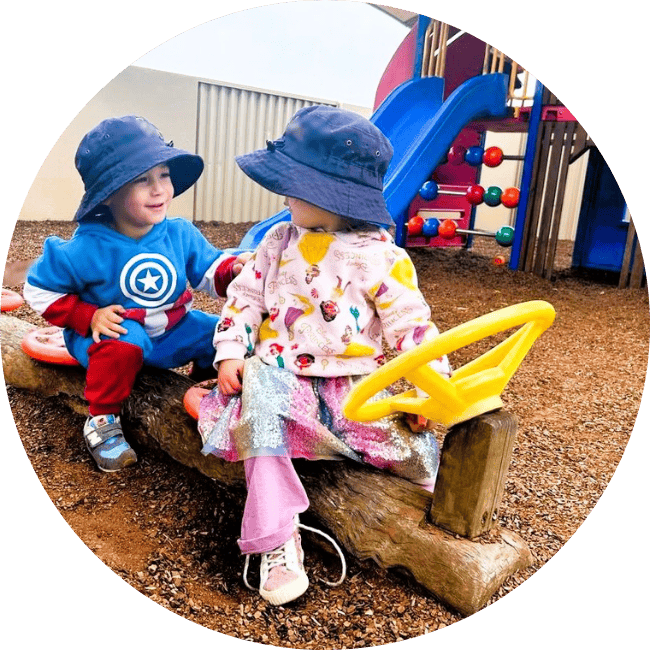
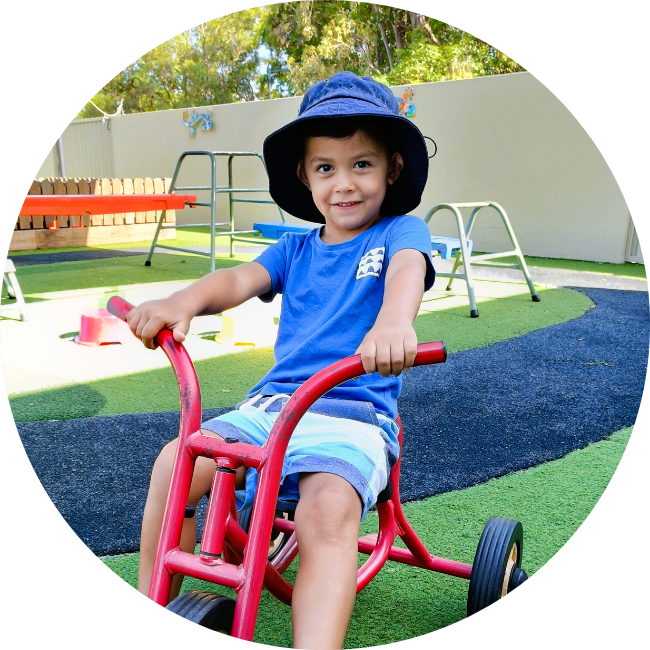
Building social and emotional skills
Playgrounds are natural social hubs. They teach children how to take turns, cooperate, speak up, and listen to one another. A child might feel joy when it’s their turn on the slide or frustration when they have to wait. This all teaches them how to manage their emotions, communicate with empathy and build friendships.
Sensory-rich experiences
Outdoor play engages all five senses: feeling the warmth of the sun, seeing the clouds, hearing the birds chirp, smelling the flowers, feeling the rough bark under their feet and if they’re lucky, tasting something yummy from the garden.
The EQM perspective: Why outdoor play matters even more
At Enrich, we follow the EQM approach, blending the best of Montessori and Emotional Intelligence. If we look from an EQM perspective, playing outside has benefits too:
The Montessori perspective to outdoor play
Our outdoor spaces are ‘yes’ environments — safe, beautiful places that encourage freedom of movement, exploration, and real-life learning. ‘Yes’ spaces are carefully prepared environments where children can safely explore without constantly hearing ‘no.’ At Enrich, we view children as capable individuals who are trusted to lead their own play, make choices, and take smart risks — all with gentle guidance from our educators. That’s how independence, decision-making, and confidence grow.
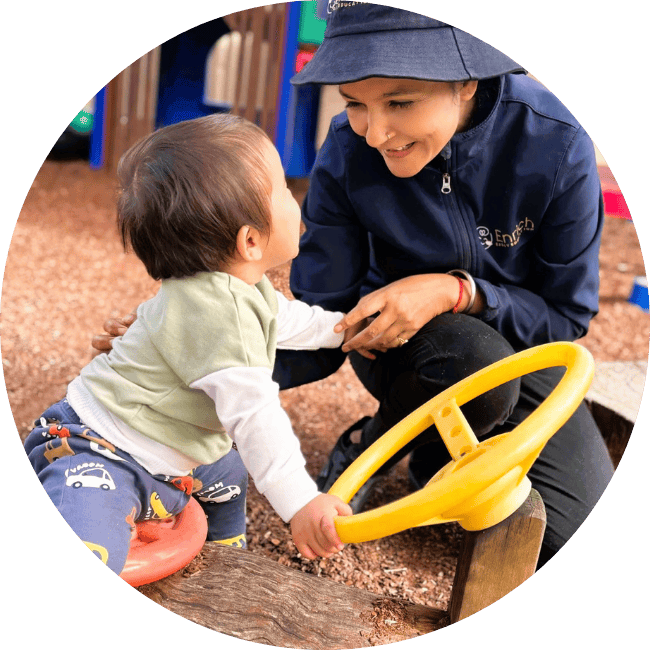
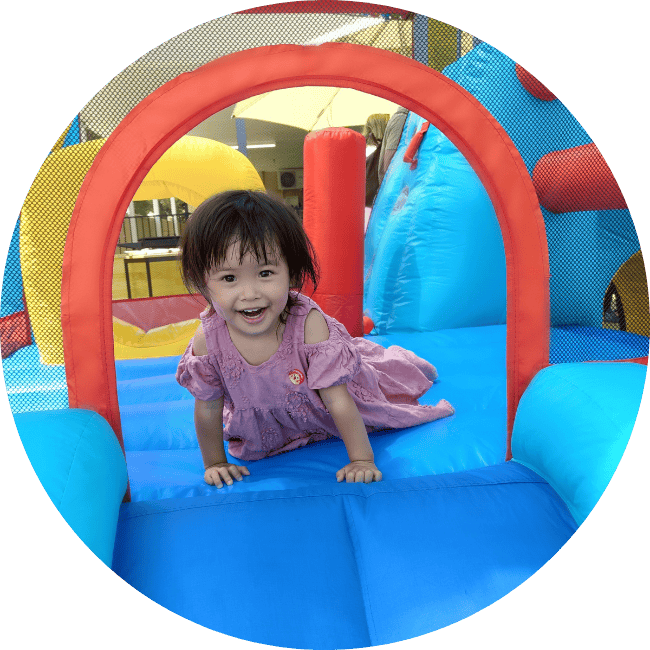
Outdoor play is great for practicing Emotional Intelligence
Outdoor play offers rich opportunities for emotionally intelligent learning. Children practise patience when waiting their turn, resilience when they fall and try again, and empathy when they check if a friend is okay. While playing outside, the children often experience big feelings. As all our educators are EQ-trained, they can offer gentle guidance in managing their emotions and adopt a strong mindset.
Play with purpose
So the next time your child is running barefoot across the grass, trying to hang from the monkey bars, or picking herbs from the garden, remember: They’re not just playing — they’re learning, growing, and becoming exactly who they’re meant to be.
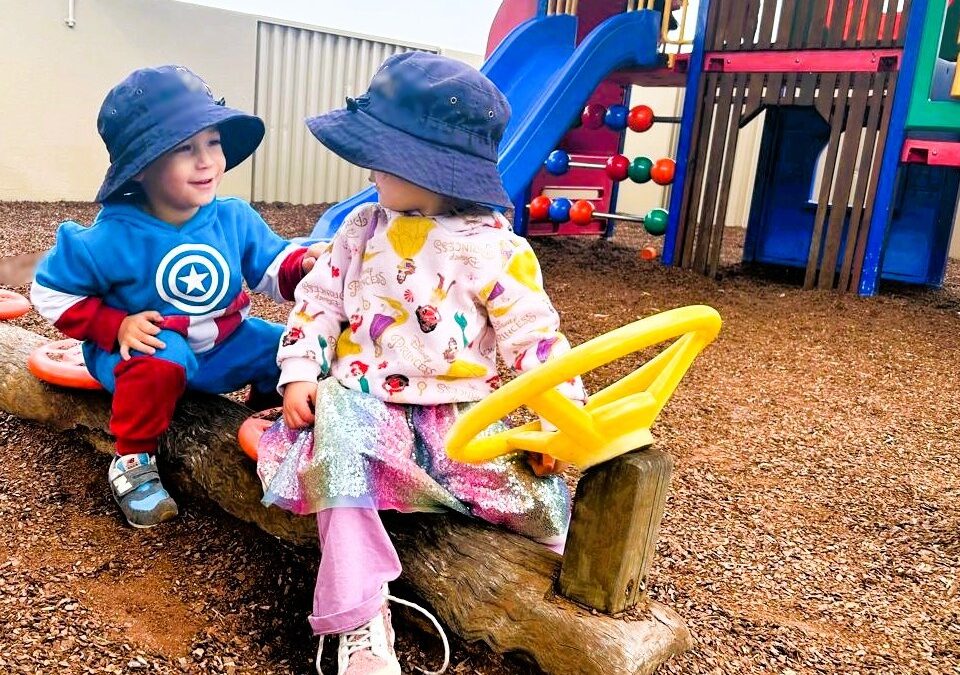
Recent Comments